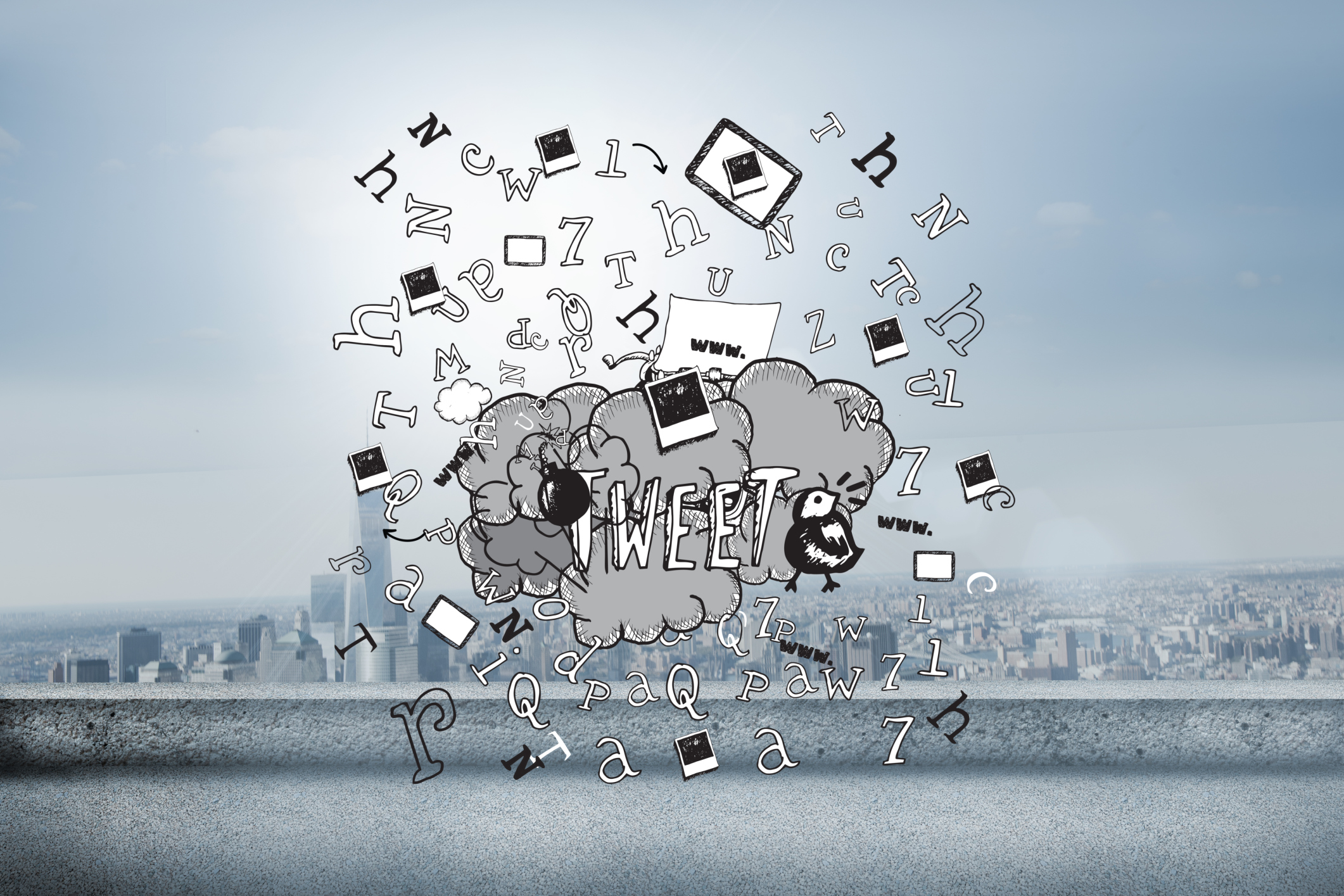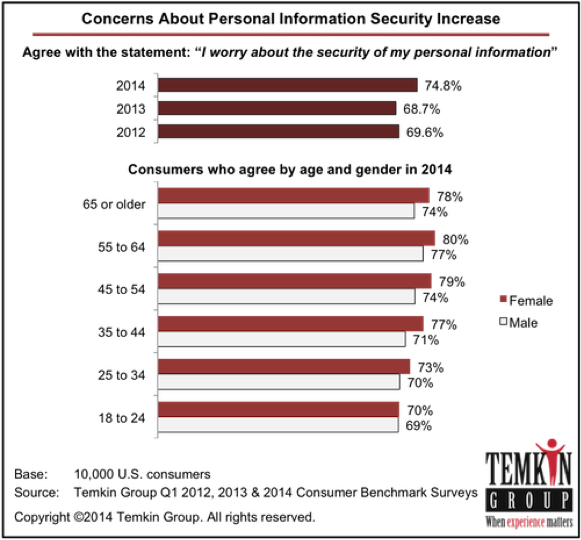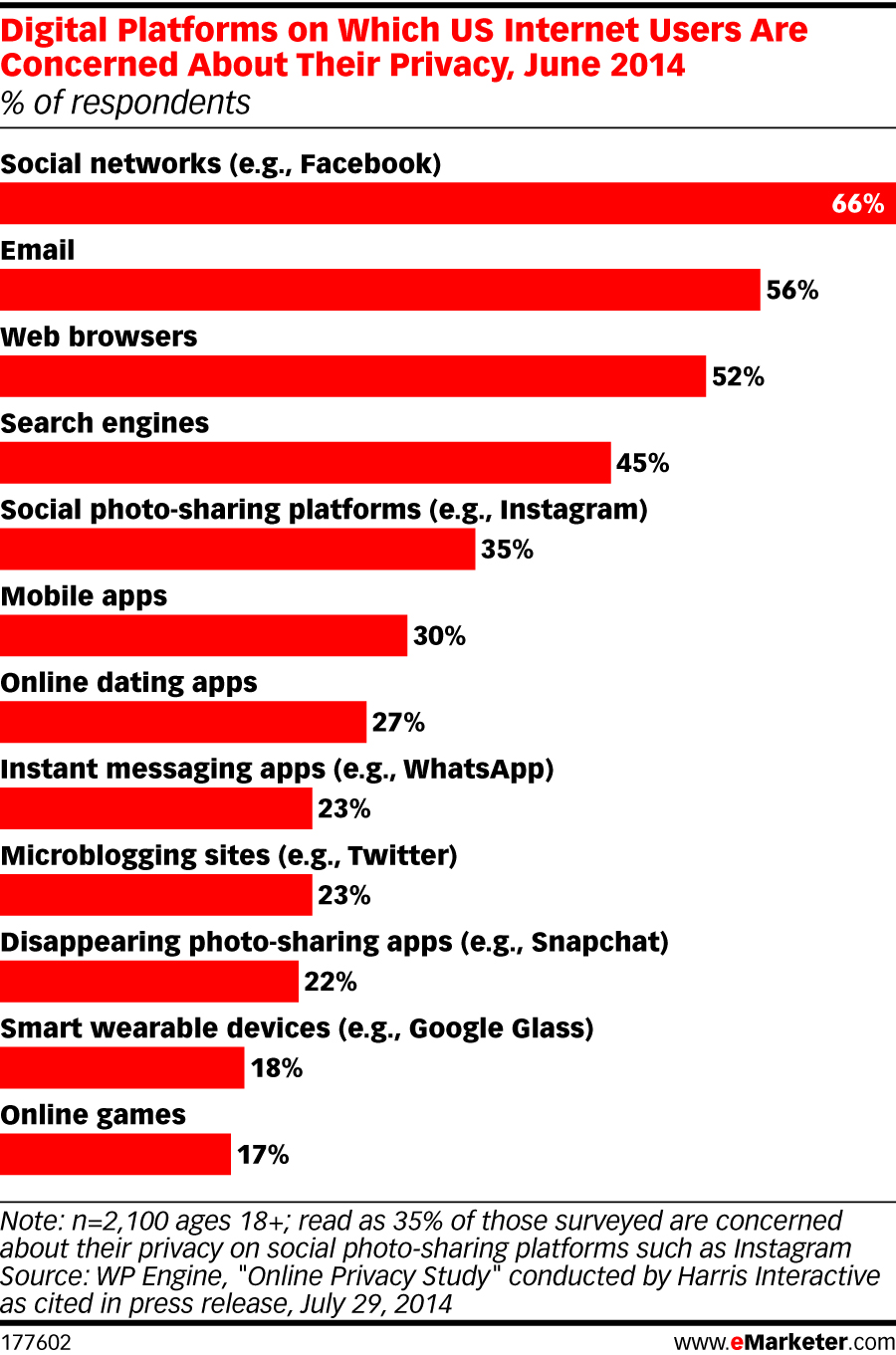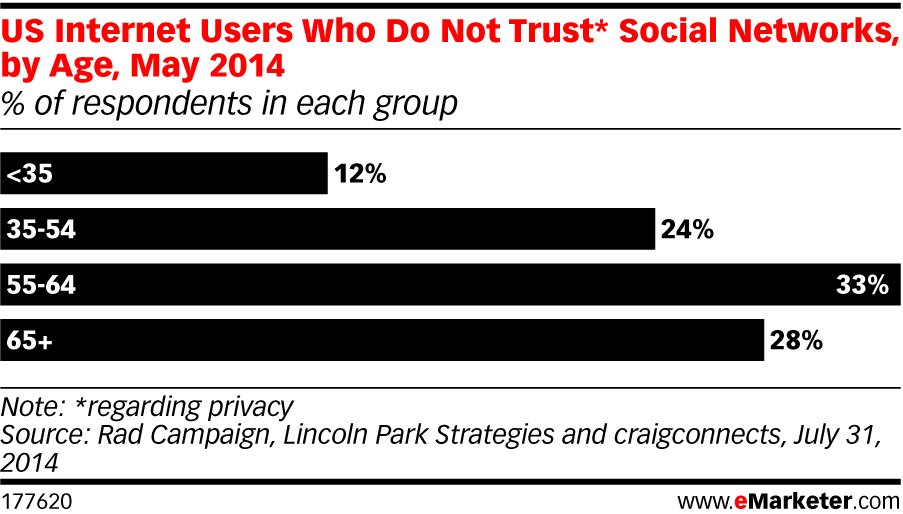Contrary to popular belief, Gen Z knows what they are doing when it comes to digital privacy.
Adults often criticize Generation Z — teenagers between the ages of 13 and 17 — for their lack of interest in protecting digital privacy. Such a consensus is bolstered by the numerous selfies posted, the tons of private information cavalierly shared, and the details about their personal life broadcasted through social media — a consensus seemingly backed up by relevant studies.
Despite all the alarming oversharing, however, Gen Z is not unconcerned with privacy. Today’s teens might just have a different idea about what privacy entails. They don’t separate their online and offline lives the way older generations might, but they are concerned with sharing information with a selective group of trusted friends or brands.
Privacy Settings Are Key
Teens are savvy about using privacy settings online, which is why they are so much more comfortable sharing personal information online. Facebook privacy settings, for example, are especially put to good use by today’s teens. Instead of thinking that “whatever’s online can be found” as many older users would, teens feel free to share while protecting their privacy. That’s why 60 percent of teenagers have their Facebook profiles set to private so that people they are not friends with cannot access their information, according to a Pew Research study
Self Expression v.s. Privacy
Today’s teens trust social media more than older generations do and consider it to be a platform for creative expression. Many teens dislike the cyberbullying common on social media therefore prefer sites that do not require users to provide their real names or personal information — places where bullies and enemies are less likely to find them.
Growing up as digital natives attuned to NSA surveillance as well as targeted ads on Facebook, Gen Z has learned to navigate with ease between the “do-not-track” features and the convenience that location services provides. They are shunning away from Facebook and other “un-cool” platforms alike and flocking towards apps like Instagram and Snapchat. Gen Z prefers platforms that have earned their trust by allowing them greater degrees of anonymity and privacy without sacrificing their ability to express themselves and connect with each other.





